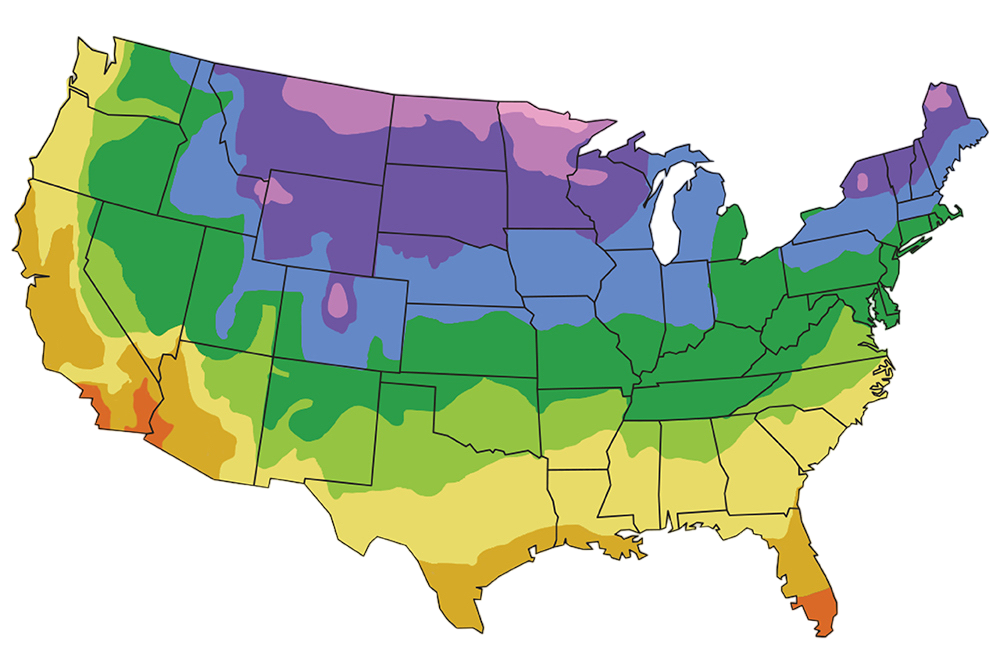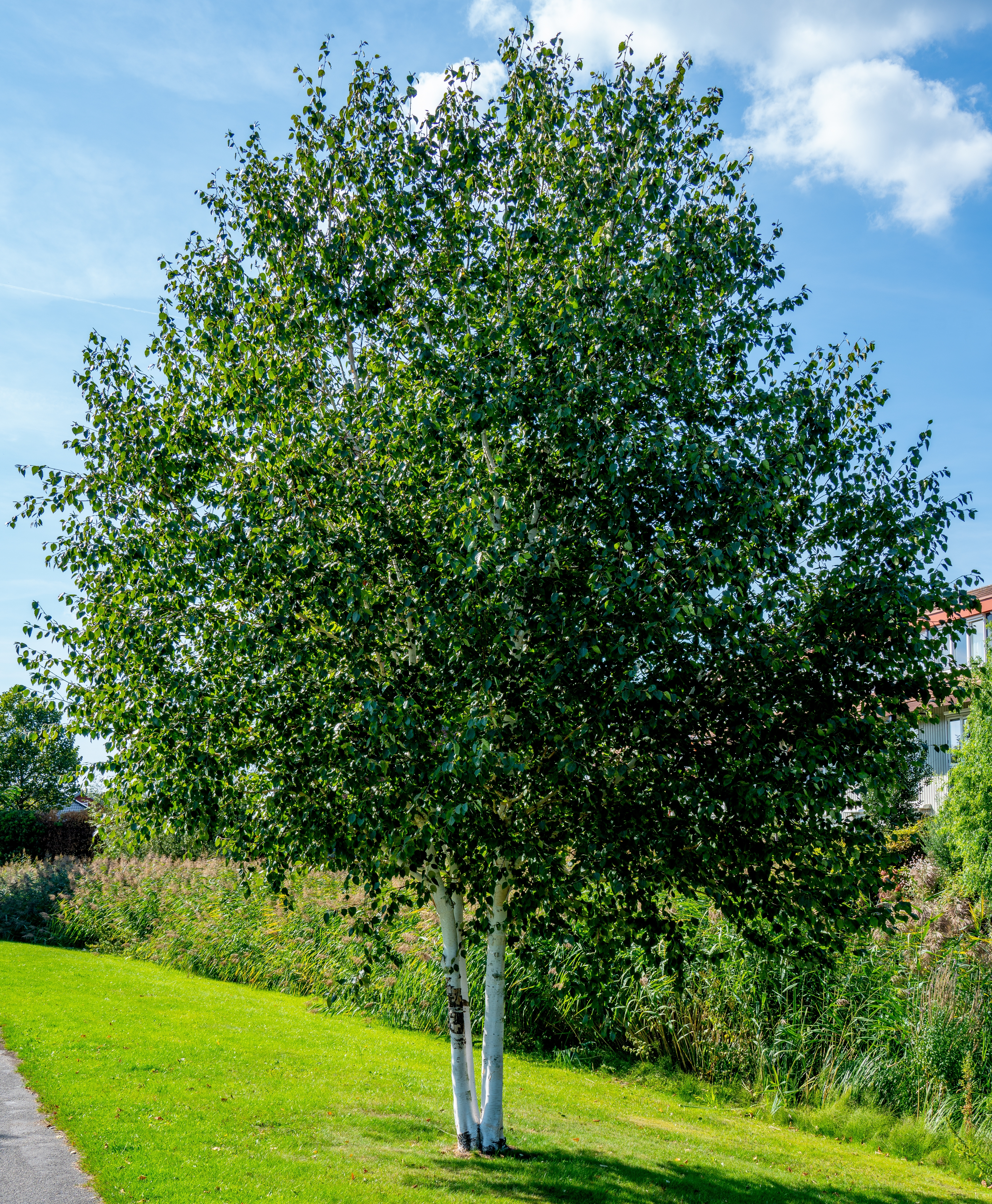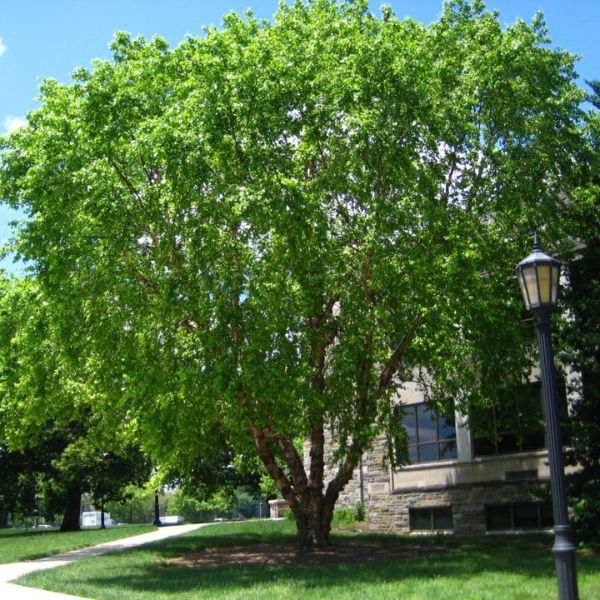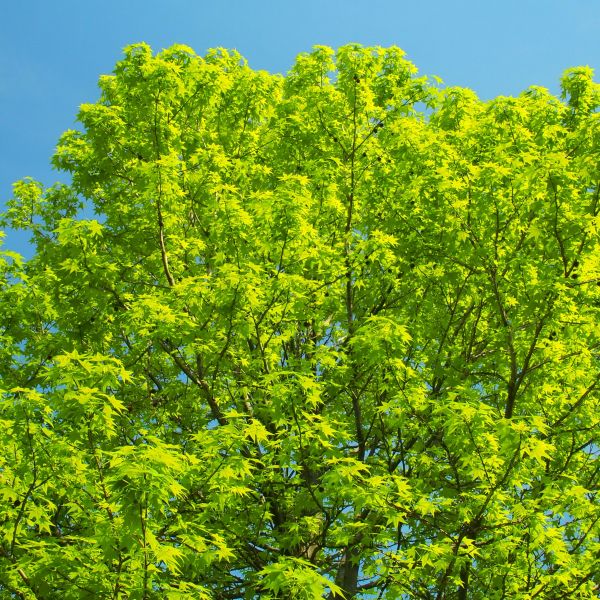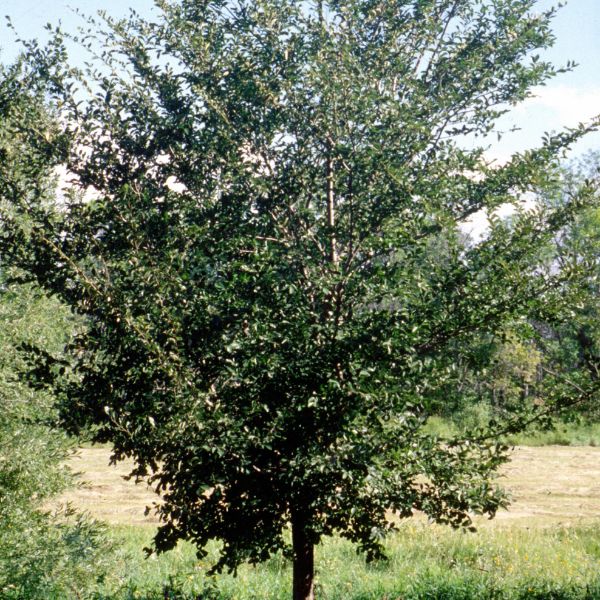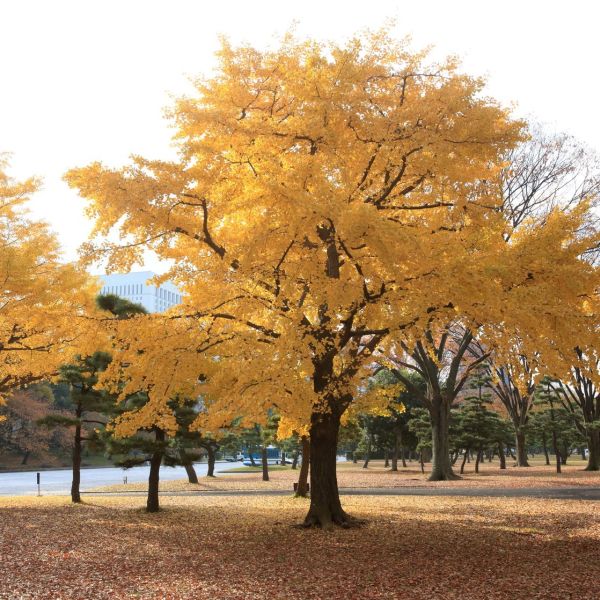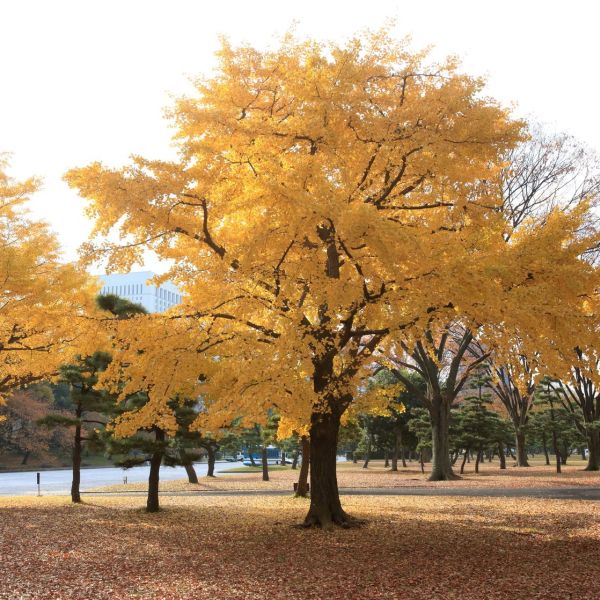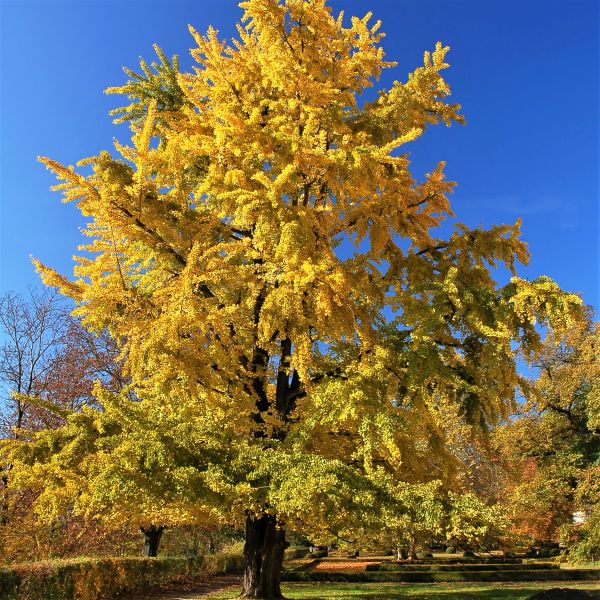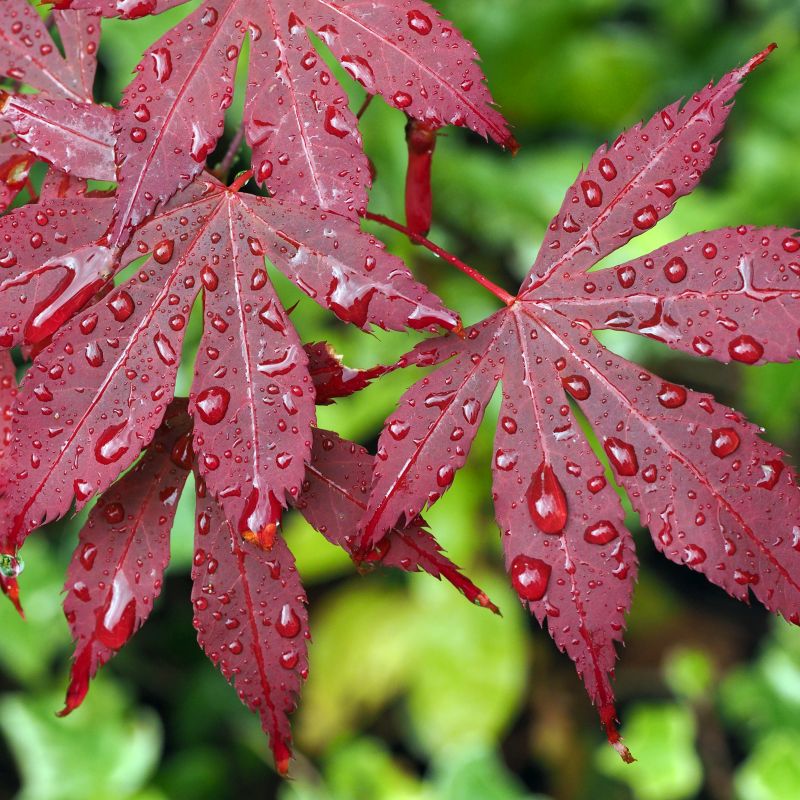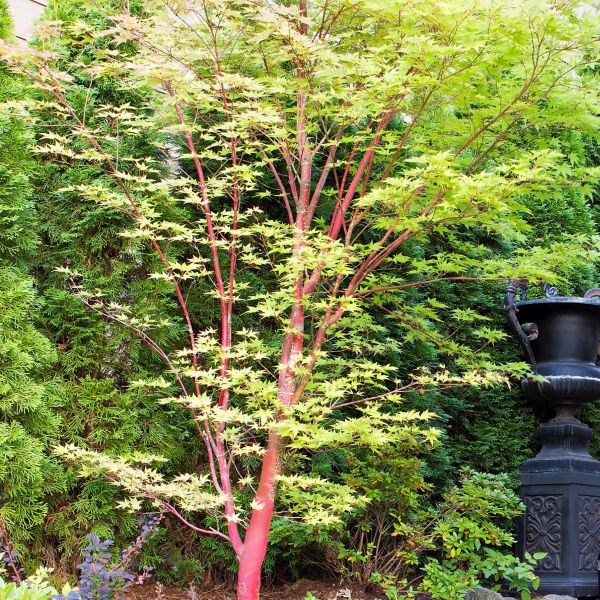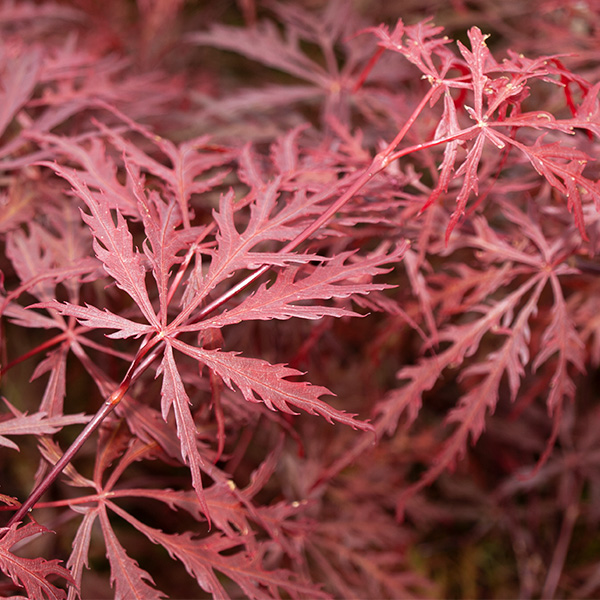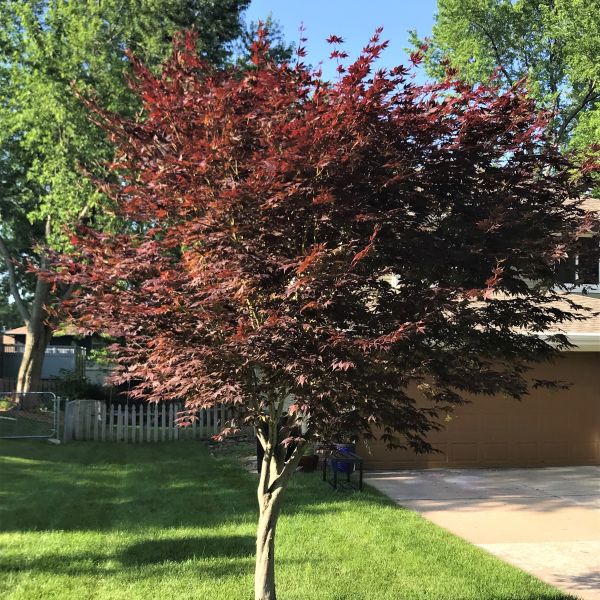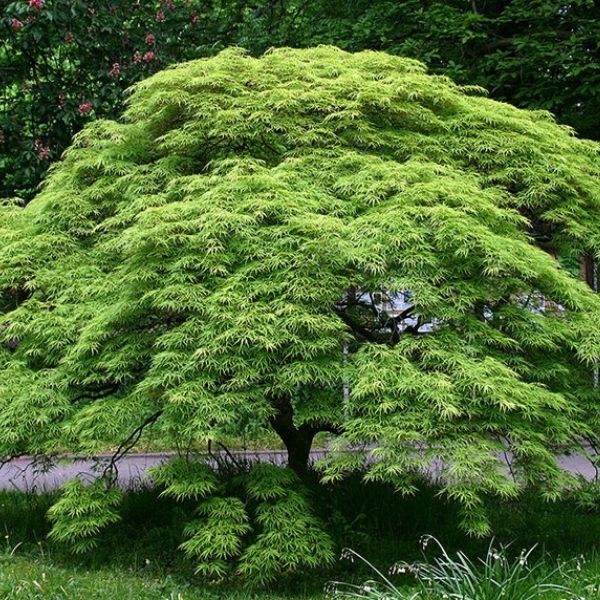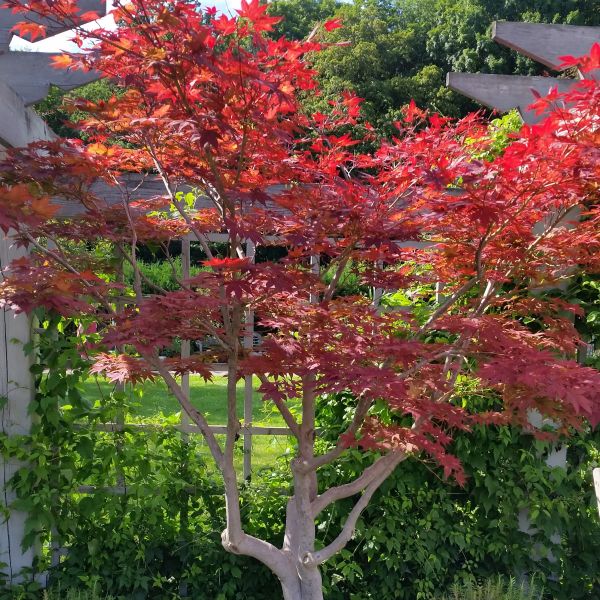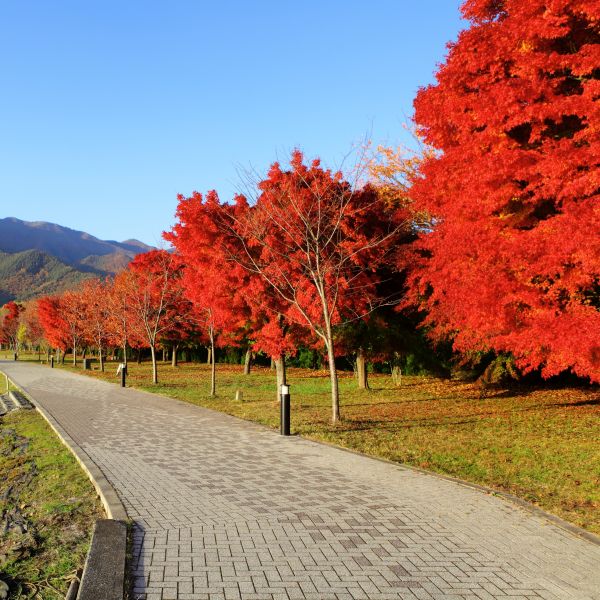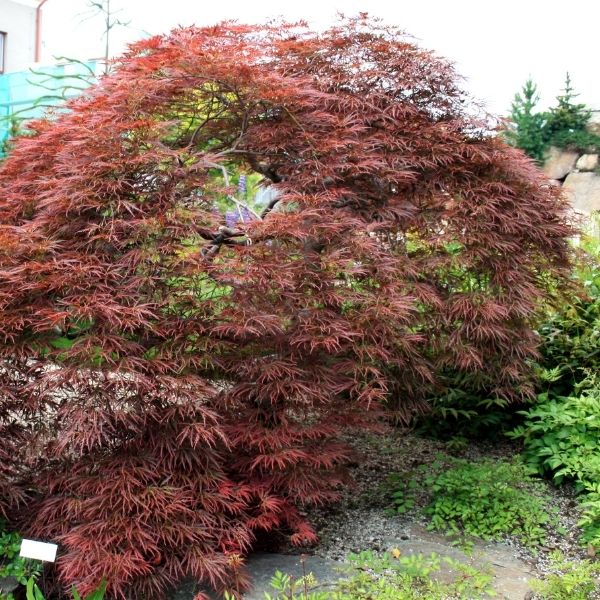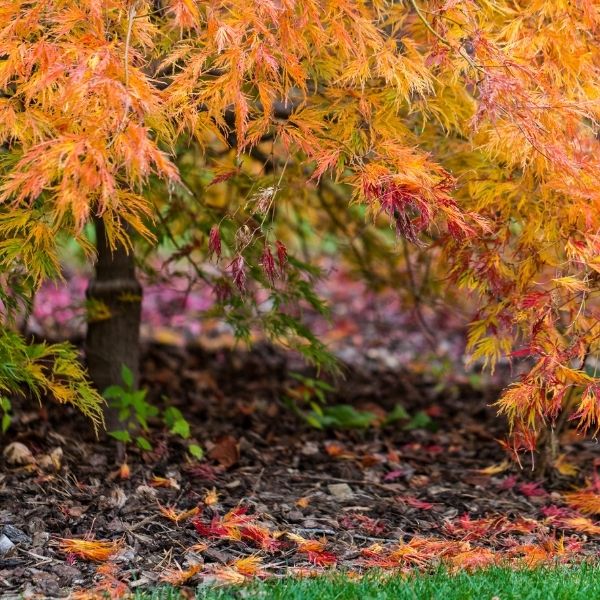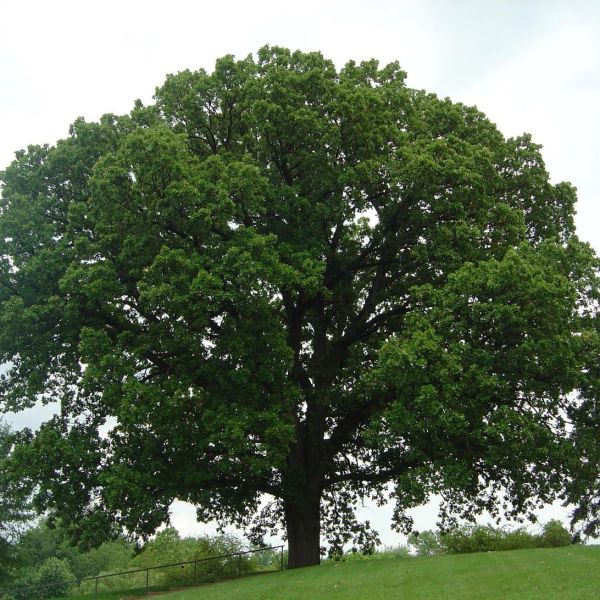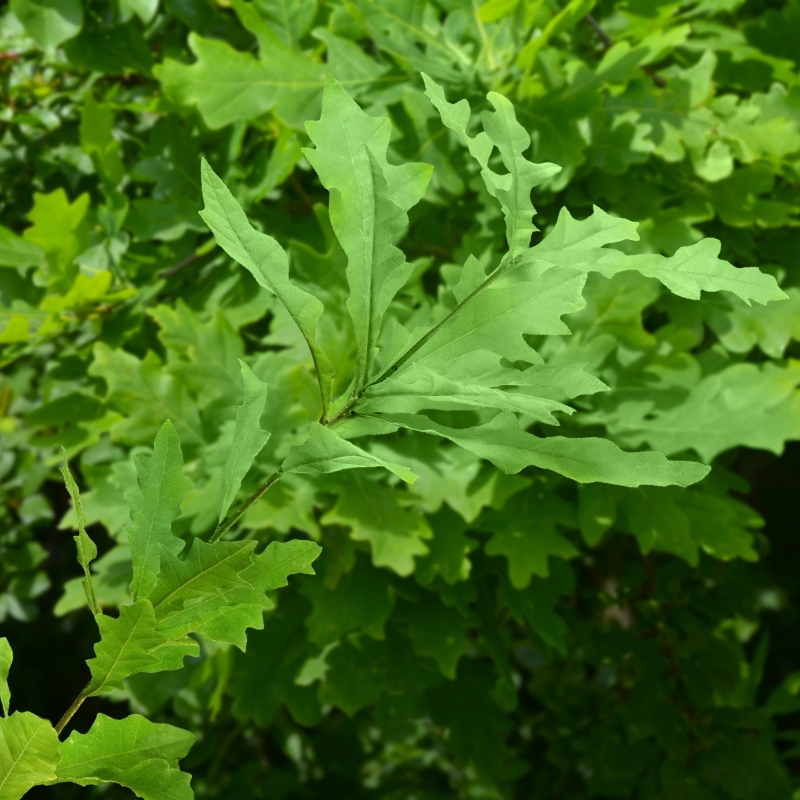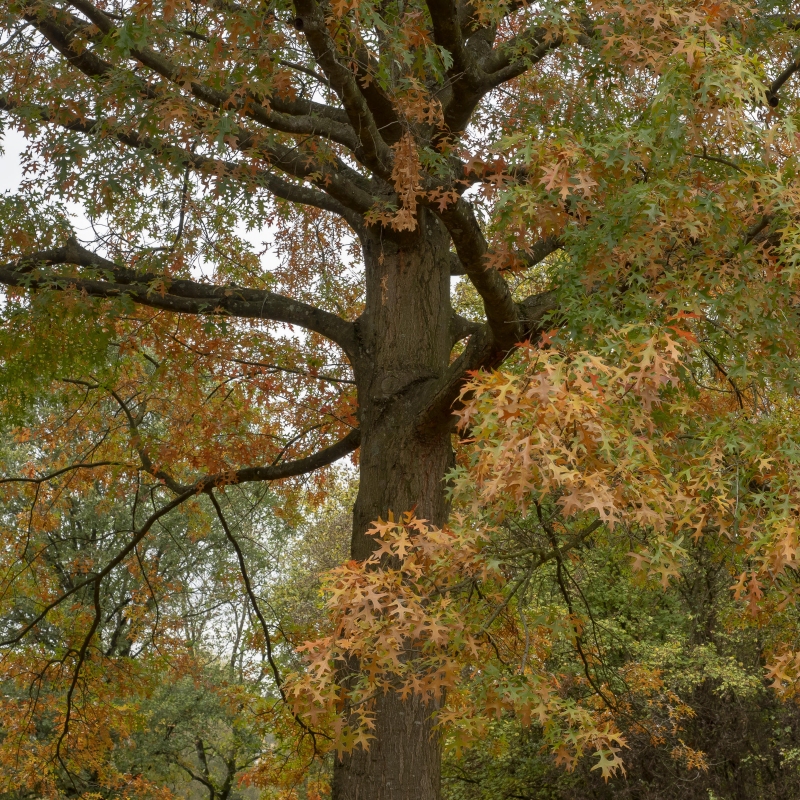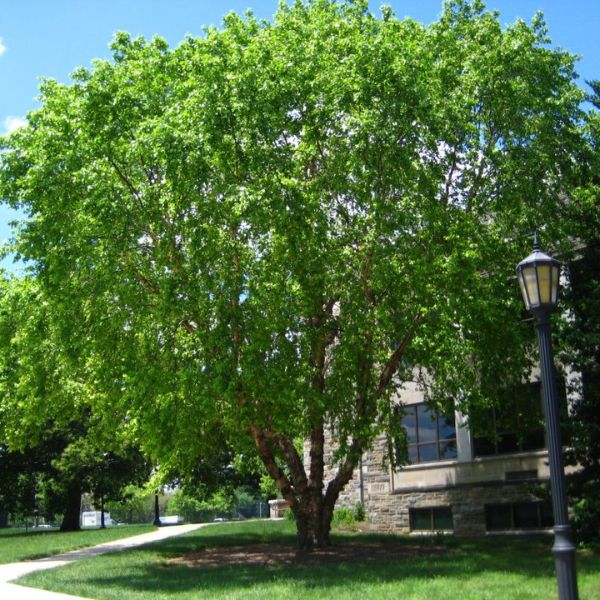
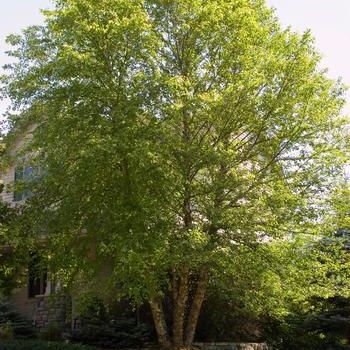
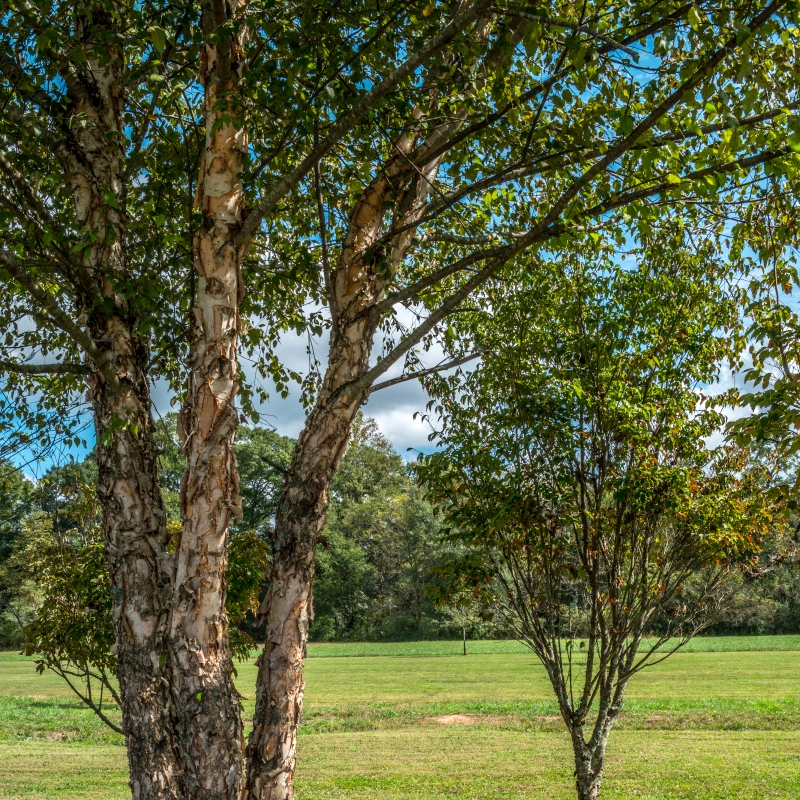
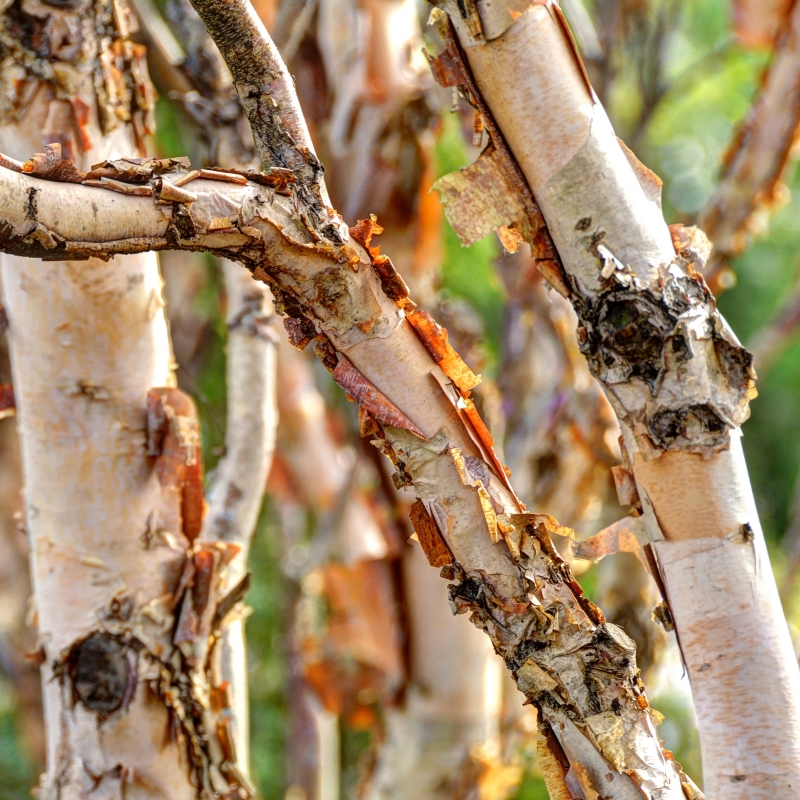
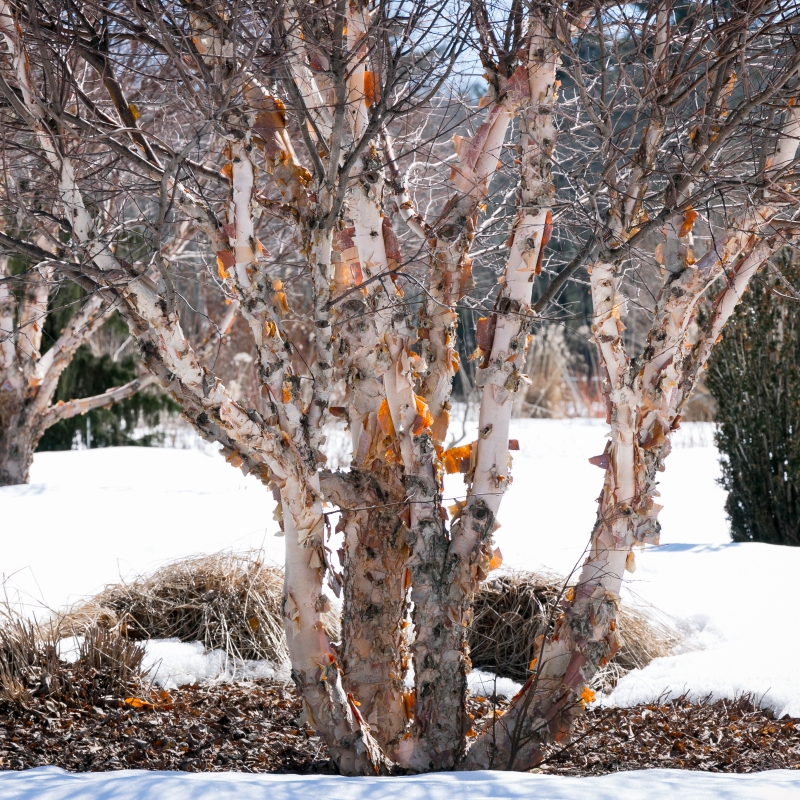
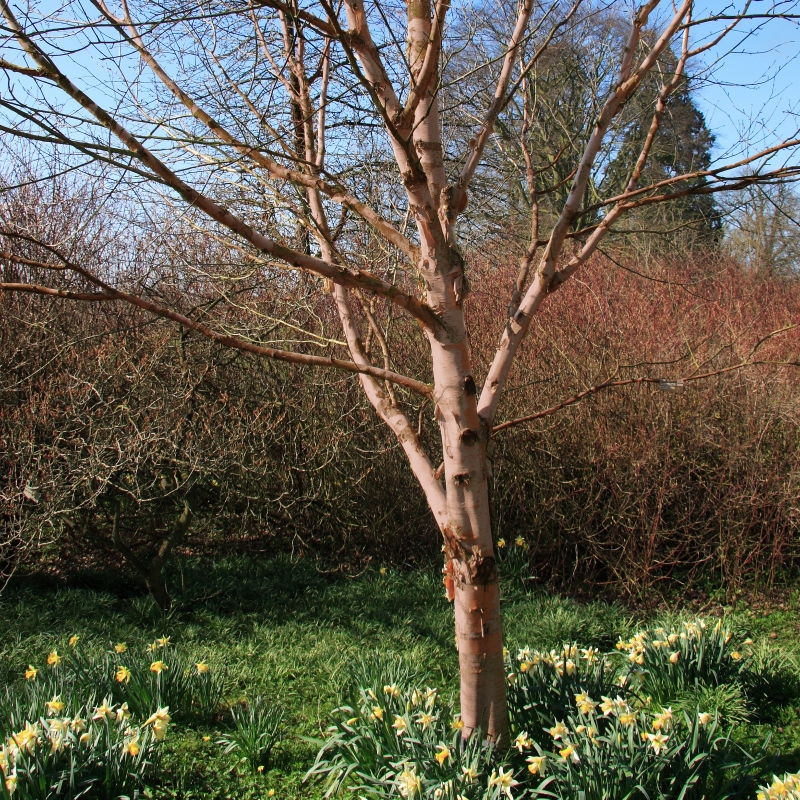
River Birch
Betula nigra
71 reviews
River Birch
Betula nigra
71 reviews
- Natural beauty with attractive peeling bark
- Tolerant of wet soil conditions
- Drought-resistant once established
- Recommended by landscape designers for optimal fit in real yards
$151.00
$216.00
30% Off
- Ships to in 3 to 7 days
- Free Shipping
- Plant Arrival Guarantee
- In Stock
- Free Plant Consult
$200 - Landscape-Approved: Every Plant We Sell Comes With Design Expertise Behind It
- 3.5 Gallon Multi Trunk
- 2.5 Gallon 2-3 Feet Single Stem
Not just beautiful - intentionally selected by ShrubHub's 3D landscape design team to fit real-world spaces and maximize yard potential.
Why River Birch?
River Birch (Betula nigra) is a fast-growing deciduous tree native to eastern North America that is known for its attractive, peeling bark and ability to thrive in wet soils. The tree typically reaches a height of 40-70 feet and can live for over 40 years. River Birch has a multitude of uses including as an ornamental tree, for erosion control, and for habitat conservation. It is also planted for timber and commercial purposes, and the bark can be processed for medicinal teas.
People who loved this plant also bought
Sunlight
River Birch trees prefer full sun to partial shade. They require at least 6 hours of direct sunlight each day for optimal growth and health.
Watering
The watering requirement for River Birch trees is moderate. These trees prefer moist soil but can tolerate periods of drought once established. It is important to water them regularly during dry spells to keep the soil consistently moist.
Fertilizing
River Birch trees prefer a slightly acidic soil with a pH range of 5.0-6.5. They benefit from regular fertilization with a balanced slow-release fertilizer, such as a 10-10-10 or 14-14-14 formula. It is important to follow the specific manufacturer's instr
A Beautiful & Hardy Birch Tree? Try River Birch Trees Today!
Looking for a tree that can add value to your landscape while requiring minimal maintenance? Look no further than the River Birch tree! With its unique features and benefits, this tree is the perfect addition to any property.
The River Birch, Betula Nigra, is a deciduous tree that can grow up to 80 feet tall. Its leaves are dark green and diamond-shaped, and it produces small, brownish-green cones in the summer. What sets the River Birch apart from other trees is its bark, which peels away in layers to reveal a beautiful, cinnamon-colored trunk. This tree is also known for its ability to thrive in wet soil conditions, making it a great choice for properties near bodies of water.
The River Birch tree offers a variety of benefits to homeowners, landscapers, and property managers. Its ability to grow in wet soil conditions makes it an ideal choice for properties near ponds, lakes, or rivers. Additionally, the River Birch is highly resistant to bronze birch borer, which means it requires minimal maintenance. Additionally, individuals wishing to improve the appearance of their property can choose it because of the way its distinctive bark provides visual appeal to any environment.
Your long-term investment in the appeal and worth of your property will be enhanced by the addition of a River Birch tree to your landscaping.
Ready to add a River Birch tree to your landscape? Buy it today and enjoy all its benefits!
With its unique features and benefits, the River Birch tree is the perfect addition to any property.
Plant Information:
| Botanical Name: | Betula nigra |
| USDA Zones: | 3 - 9 |
| Water: | Moderate & Adaptable |
| Exposure: | Full Sun |
| Soil Needs: | Widely Adaptable |
| Mature Height: | 25 - 50 feet |
| Mature Spread: | 25 - 35 feet |
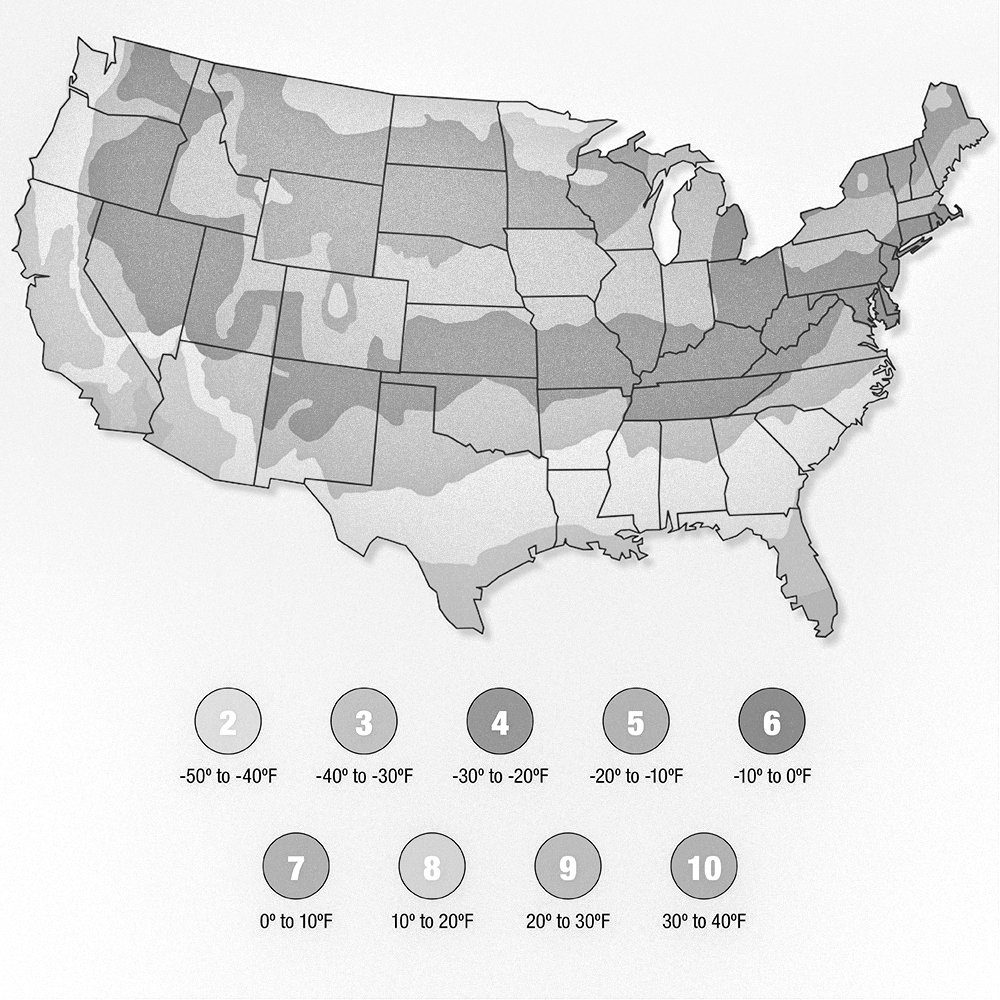


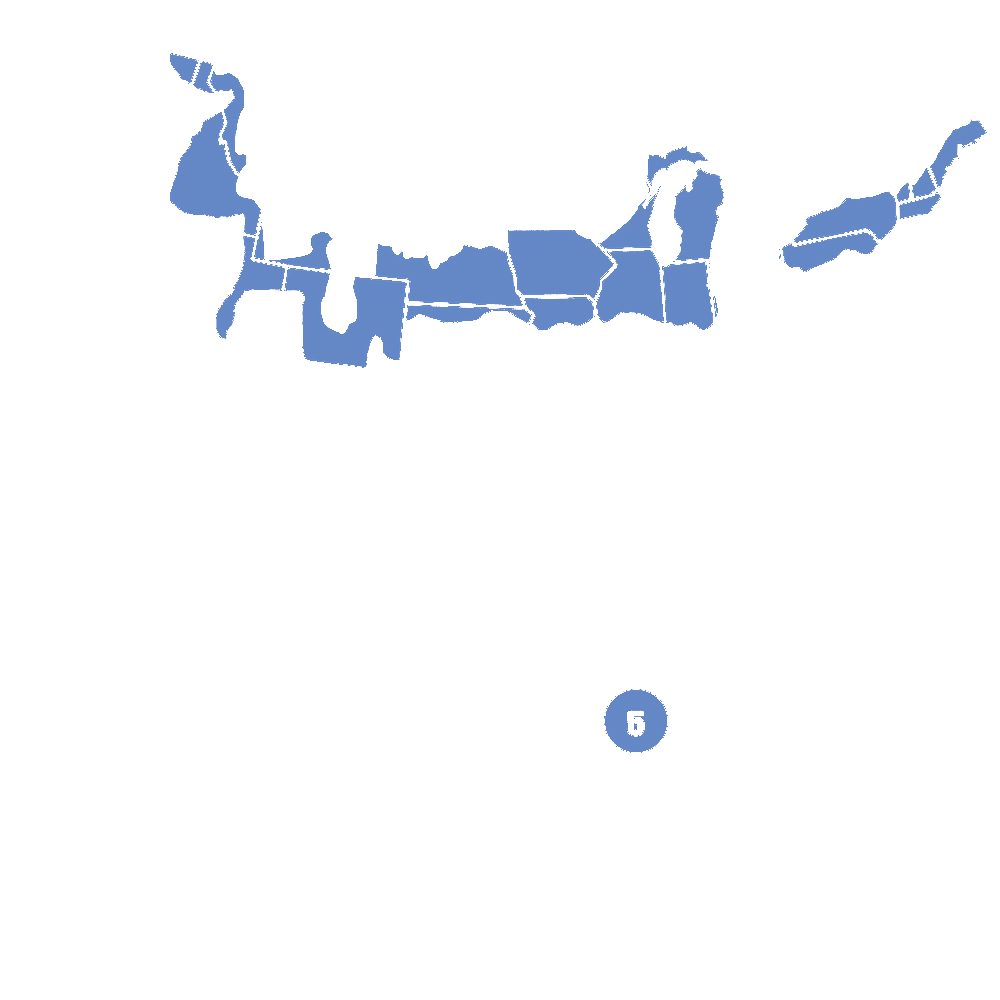
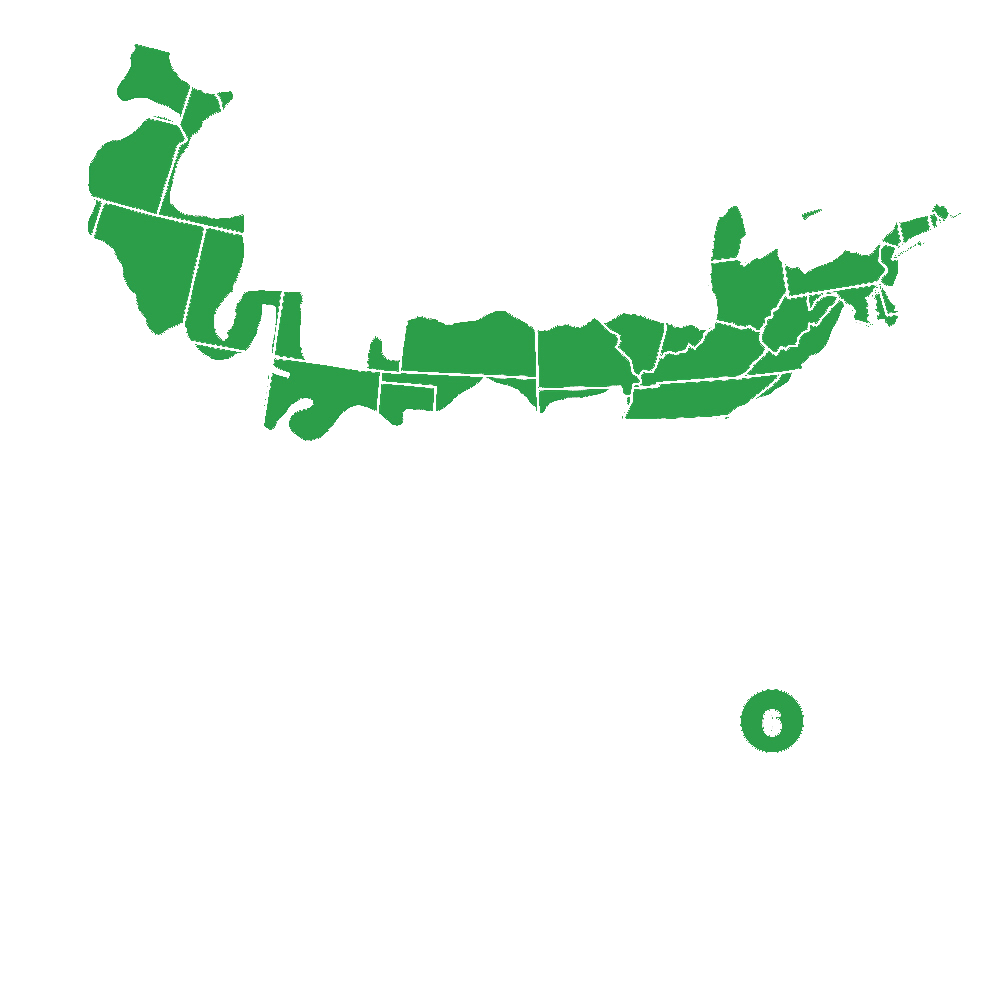

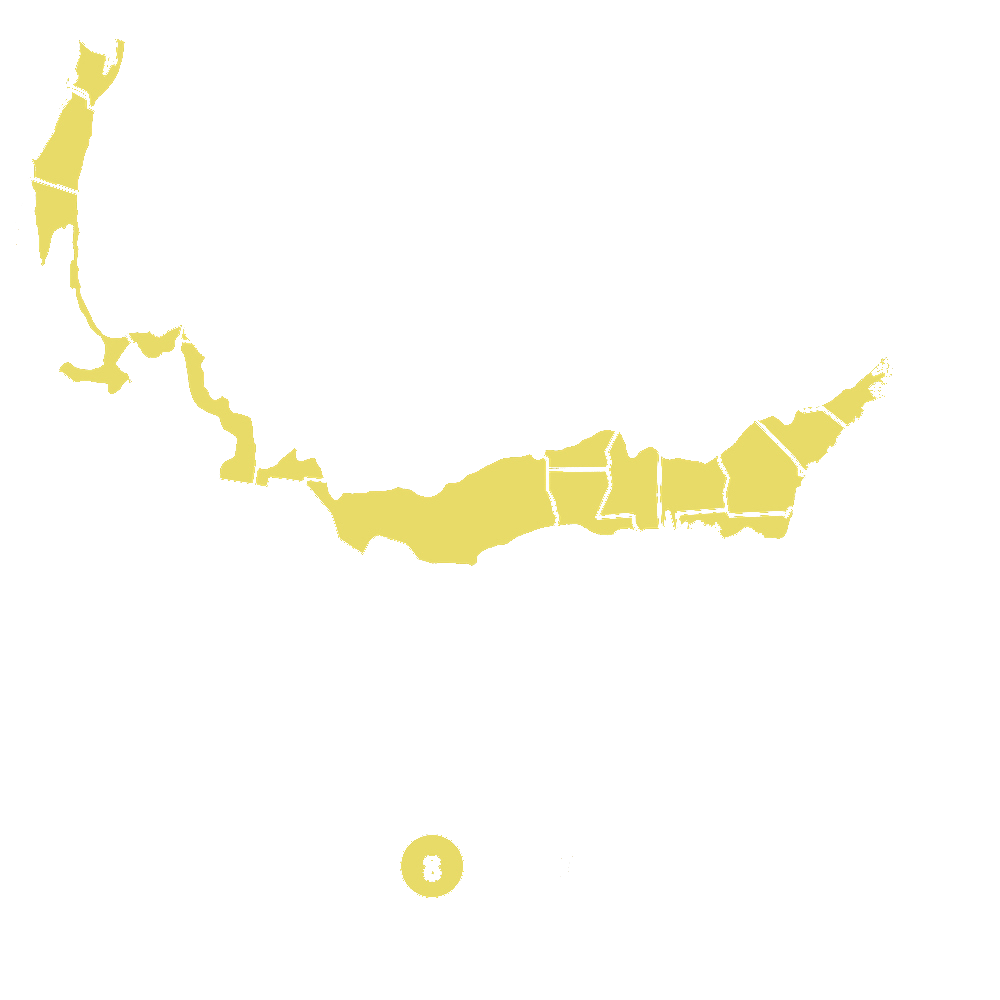
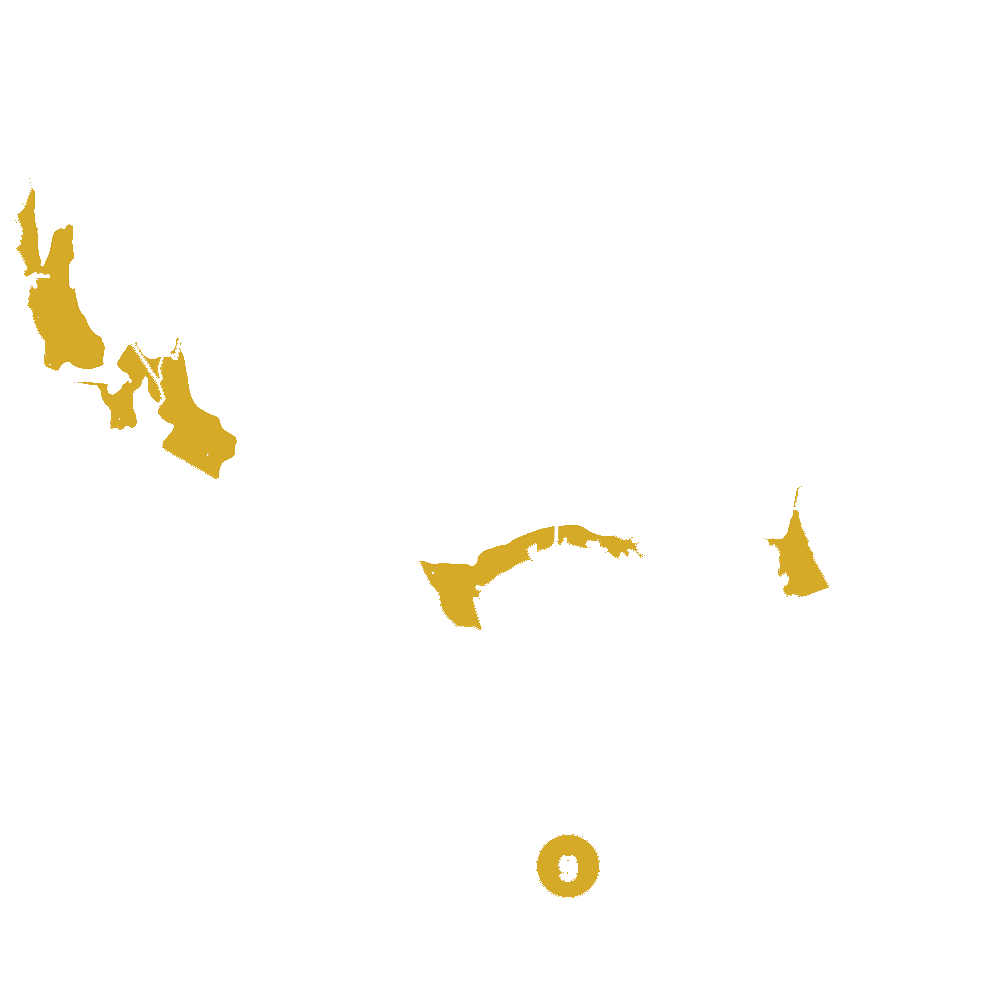
Pollination Info
Pollination Information for River Birch (Betula nigra)
Overview
River Birch (Betula nigra) is a deciduous tree native to the Eastern United States. It is also known as black birch and water birch. The tree is mainly used for ornamental purposes in landscaping and is also utilized for its wood.
Flowers and Reproduction
River Birch blooms during the spring, typically between April and May. The flowers of River Birch are known as catkins; they are cylindrical clusters of flowers that hang from the tree. Catkins are a type of inflorescence that consist of many small flowers without petals. The catkins of River Birch are typically darker in color than other birches, ranging from light brown to black. Each catkin produces hundreds of tiny flowers that contain both male and female parts. The male flowers are located at the top of the catkins, and the female flowers are located at the bottom.
Pollination
Like most birches, River Birch is pollinated primarily by the wind. The male flowers produce pollen that is carried by the wind to the female flowers, which then fertilize and produce the seeds. River Birch is monoecious, meaning that each tree has both male and female flowers. However, River Birch is also capable of self-pollination, meaning that it can pollinate itself without the need for a second tree.
Importance of Pollination
Pollination is essential for the reproduction of River Birch and for the production of seeds, which are ultimately used for reforestation and for maintaining a healthy ecosystem. Pollination also plays a critical role in food production, as it allows for the development of fruits and vegetables. In addition, pollination is important for the maintenance of biodiversity and the overall health of ecosystems.
FAQ
River Birch (Betula nigra) FAQ
What is River Birch?
River Birch, also known as Betula nigra, is a deciduous tree species that is native to the eastern United States.
What are the characteristics of River Birch?
River Birch trees are medium-sized, growing up to 70 feet tall. They have a pyramid-shaped canopy with drooping branches. The bark of River Birch is unique, with reddish-brown to gray-brown layer that peels in thin, curly strips.
What are the ideal growing conditions for River Birch?
River Birch can thrive in a wide range of growing conditions, but they prefer moist, well-drained soils and full sun exposure. They are also tolerant to wet soils, drought, and high humidity.
When do River Birch trees produce leaves?
River Birch trees produce leaves in the early spring, around April or May.
What is the lifespan of River Birch trees?
On average, River Birch trees can live up to 50 years.
What are the benefits of planting River Birch trees?
River Birch trees provide many benefits, including attractive landscaping, shade, and erosion control. They also act as a natural water filter by removing pollutants from water runoff. River Birch trees also support wildlife by providing habitat for birds and small mammals, as well as food for insects.
What are the potential issues with River Birch trees?
One potential issue with River Birch trees is that their unique bark can make them susceptible to insect infestations and fungal diseases. Also, River Birch trees can be messy, dropping twigs, leaves, and bark.
Planting & Care
Planting & Care for River Birch (Betula nigra)
Planting:
- Choose a planting site that receives full sun to partial shade.
- Make sure the soil is well-drained and rich in organic matter.
- Dig a hole twice as wide and as deep as the root ball.
- Place the tree in the hole and backfill with the soil, firming it around the roots.
- Water thoroughly to settle the soil.
- Mulch around the base of the tree with a 3-4 inch layer of organic mulch, keeping it away from the trunk.
Care:
Watering: River Birch trees require regular watering, especially during the first few years of growth. Water deeply once a week, and more often during hot and dry weather. Avoid overwatering, as this can lead to root rot.
Fertilizing: Fertilize River Birch trees in early spring with a slow-release fertilizer formulated for trees. Follow the package instructions for the right amount and method of application. Repeat in late summer, if desired.
Pruning: Pruning is not necessary for River Birch trees, but can be done to remove damaged or diseased branches, or to shape the tree. Prune in late winter or early spring, before new growth appears.
Pests & Diseases: River Birch trees are generally pest and disease resistant, but can be susceptible to borers, aphids, and leaf spot diseases. Apply a pesticide or fungicide, as needed, according to the package instructions.
Winter Care: River Birch trees are hardy and do not require special care in the winter. However, it is important to mulch around the base of the tree to protect the roots from frost heave and extreme cold.
Check Out These Verified Customer Reviews:
Customer Reviews
4.7 out of 5 based on 71 reviews
Thank you! Your review has been submitted.
The River Birch item looks even better in person! So happy with my purchase.
I am extremely impressed with the quality of the river birch I received. The tree looks healthy and vibrant. The packaging was secure and it arrived in perfect condition. Customer service was also excellent.
The quality of the River Birch item exceeded my expectations. Very impressed.
Item has been added to your cart.

